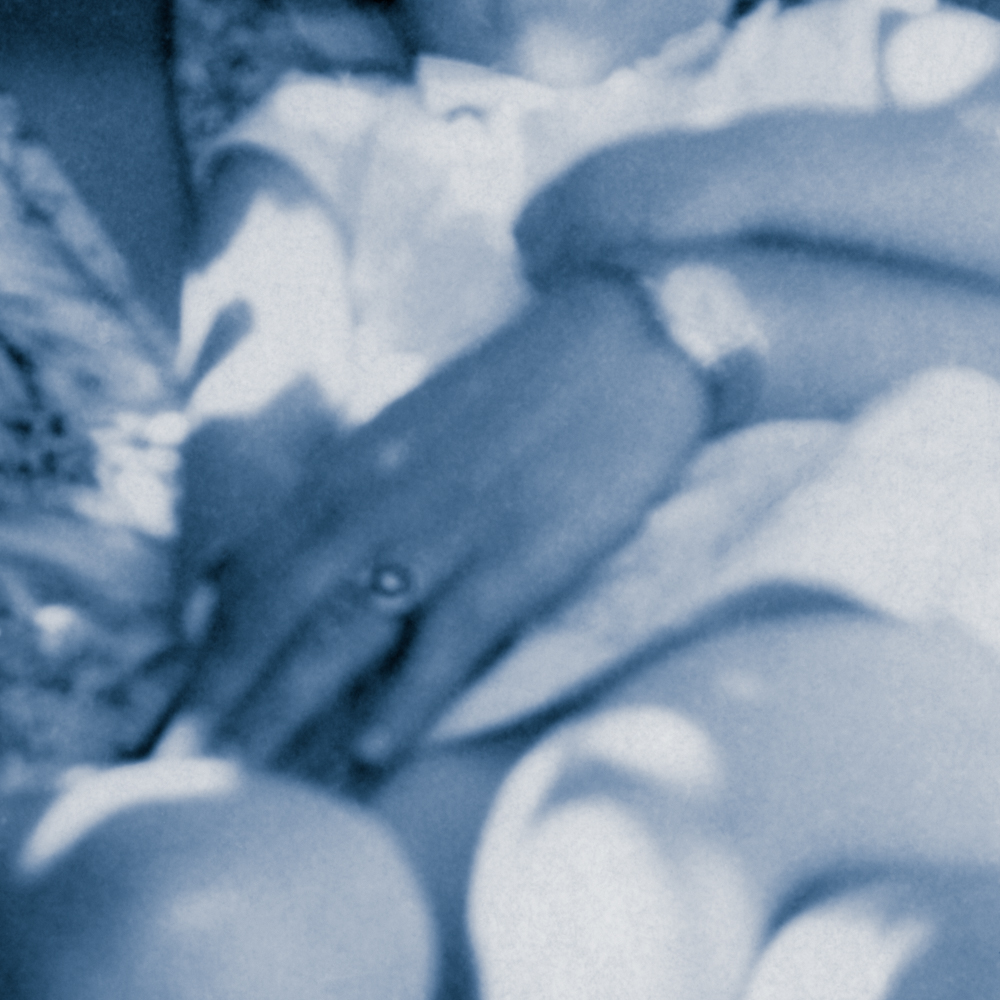



This series of images, evolves from a previous project, Nightshade (2020–22), which explored my parents’ dysfunctional relationship. For a long time these soft-focus images of my late father’s strong hands holding my siblings and myself in their embrace remained in a drawer in my studio - too painful to confront. The fatherly tenderness captured in them seems to belong to another reality, recorded in family albums, but not in memory. Gestures of affection that hold conflicted feelings for children whose fathers, like mine, abuse their mother. What has not been documented in our family albums is the violence and coersion that he exerted. Or the effect it had on his children.
The events which are not recorded by family photographs are equally or more important than events which have been documented. Trauma that abusive fathers have suffered in their own lives, the culture that they absorb, the social norms and privileges, or lack of, that they inherit or are forced into. None of these can be seen in a family photograph which are usually taken to capture a significant moment: an outing, a celebration, a gathering. What photographs of families do capture is optimism, hopefulness for the possibilities of happy family life; possibilities that some fathers are not capable of fulfilling.
The process of selecting, scanning, cropping, and enlarging from analogue prints found in my family archives, involves intense reflection. For me it also coincided with research into the causes of family violence and a growing realisation of complexity in human relationships, human histories. The resulting images speak to the strange power of the snapshot: the freezing of fleeting, emotionally loaded gestures. The blurred forms and grainy texture of over sized prints become clearer with distance—a trick of the photographic image, whose truths may only emerge through the lens of time and re-examination.
I have always been troubled by confused feelings about fatherly love. Is traumatising children the action of a loving parent? The ability of family photographs to convince us that abusive partners can be loving fathers may be a profound shortcoming. But through these interventions I tell a more nuanced story of lost potential.